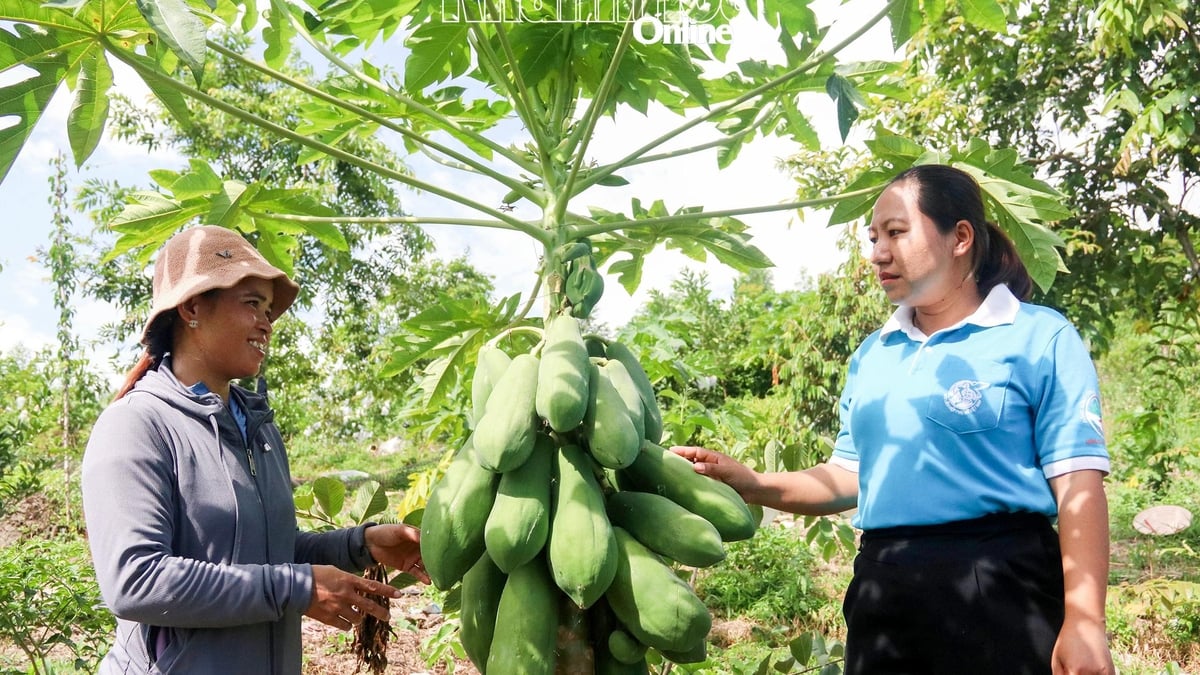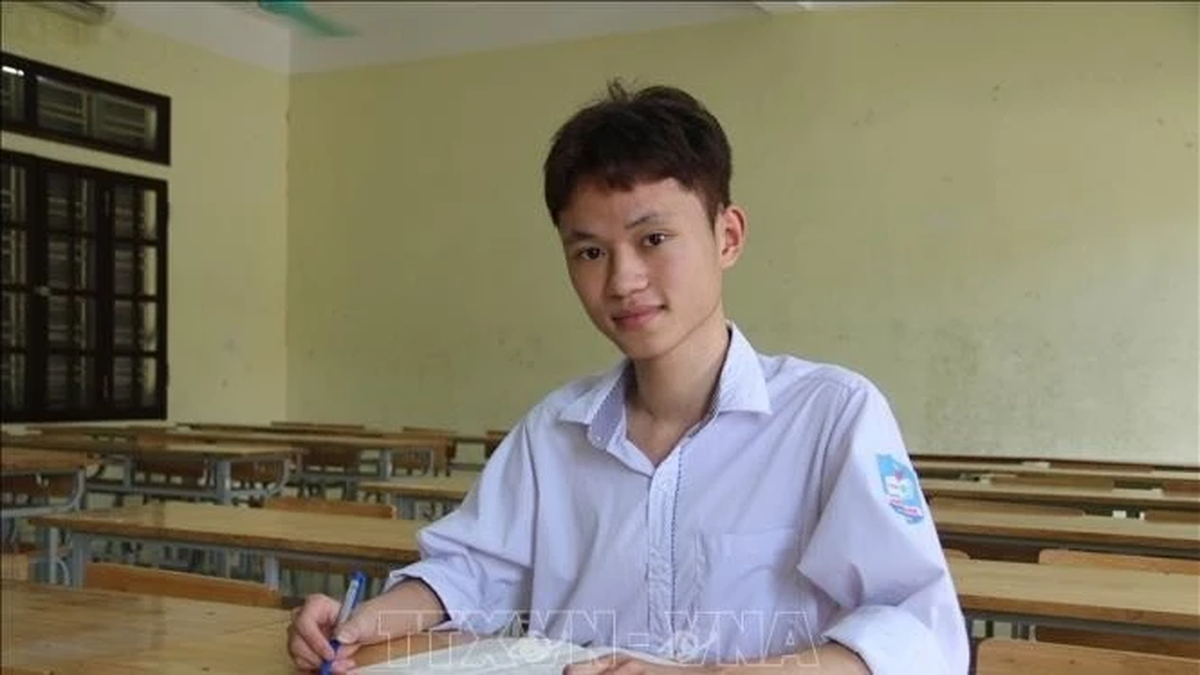These seemingly harmless statements reflect part of a child's personality and attitude toward their parents.
There is no greater pain for parents than to see their children grow up without filial piety.
Disrespect does not happen suddenly, but often has signs from a young age.
These seemingly harmless statements reflect part of a child's personality and attitude toward their parents.
If your child often says the three sentences below, parents need to consider and adjust early.
1/ "From now on, I don't care about you anymore"
When children often say this, it means that they have formed a mentality of distance, even resistance, towards their parents.
This is not simply a knee-jerk reaction but may reflect a lack of connection between parent and child.
In some families, parents may unintentionally put too much pressure on their children, making them feel constrained, disrespected, or unloved. Children will then react by saying things that show they are disconnected. If parents do not quickly adjust their communication style, this situation can get worse as the child gets older.

Disobedient children do not care about their parents' feelings from a young age (Illustration photo)
2/ "This is my stuff. Why do I have to give it to you?"
Selfishness is a worrying sign in young children. If your child tends to keep his or her belongings to himself or herself, and is unwilling to share them with anyone, including his or her parents, it reflects a lack of altruism and gratitude.
A child who has the mindset of "what is mine is mine, what is mine is mine" from a young age will likely lack respect for their parents when they grow up. They may only think of themselves, not willing to help or share with those who raised them. This is a sign that a child will tend to be unfilial in the future if not properlyeducated .
3/ "Parents must support and agree with their children"
Some children show an authoritarian personality from a young age, wanting others to do things their way. They do not care about other people's feelings or thoughts, but only want things to happen the way they want. If children often say this, it is a clear sign of selfishness and lack of respect for their parents.
When children are overindulged, they may develop the idea that their parents must always do what they want. If this continues, when they grow up, they may impose their will on their parents, even not afraid to fight for property or put pressure on their parents for personal gain.
How to raise a filial child?
Filial piety is not an instinct but a quality that needs to be cultivated from a young age. Parents play an important role in helping their children develop gratitude, respect and love for their family. Here are some ways to help raise children to be filial:
- Encourage children to care about others
Parents should teach their children to care and share with people around them. This applies not only to the family but also to relationships with friends, teachers and society. When children understand the value of care and love, they will tend to be more filial to their parents.
Some parents think that teaching children to protect their own interests is a good thing, but if not balanced with the spirit of altruism, children can become selfish. Therefore, teach your children to help others and put the common good above personal interests in some necessary situations.

To prevent your child from becoming unfilial, teach him or her to care about others (Illustration photo)
- Be a role model for your children.
Children learn a lot from their parents' actions. If parents are filial to their grandparents, help others, and show gratitude, children will follow suit.
Show your parents that you care about them, not just with words but also with concrete actions such as visiting them and taking care of them when they are sick. When children see this, they will learn to treat their parents similarly in the future.
- Help children understand the meaning of gratitude
Children need to understand that parents are not obliged to take care of them forever, but that it is a great sacrifice. To help children understand this, parents can tell their children stories about filial piety, about examples of gratitude and repaying their parents.
In addition, create opportunities for children to do small things to help their parents, such as sweeping the floor, washing dishes, taking care of plants... When children really participate in this process, they will understand the hard work of their parents and from there form gratitude.
Positive
Source: https://giadinh.suckhoedoisong.vn/tre-lon-len-vo-on-thuong-xuyen-noi-3-cau-nay-cha-me-cho-coi-thuong-keo-ve-gia-hoi-han-17225031414561289.htm




















































![[Maritime News] More than 80% of global container shipping capacity is in the hands of MSC and major shipping alliances](https://vphoto.vietnam.vn/thumb/402x226/vietnam/resource/IMAGE/2025/7/16/6b4d586c984b4cbf8c5680352b9eaeb0)













































Comment (0)